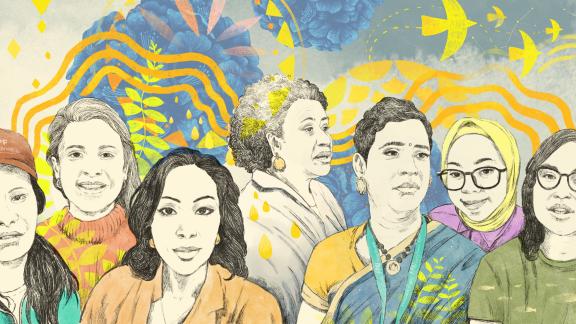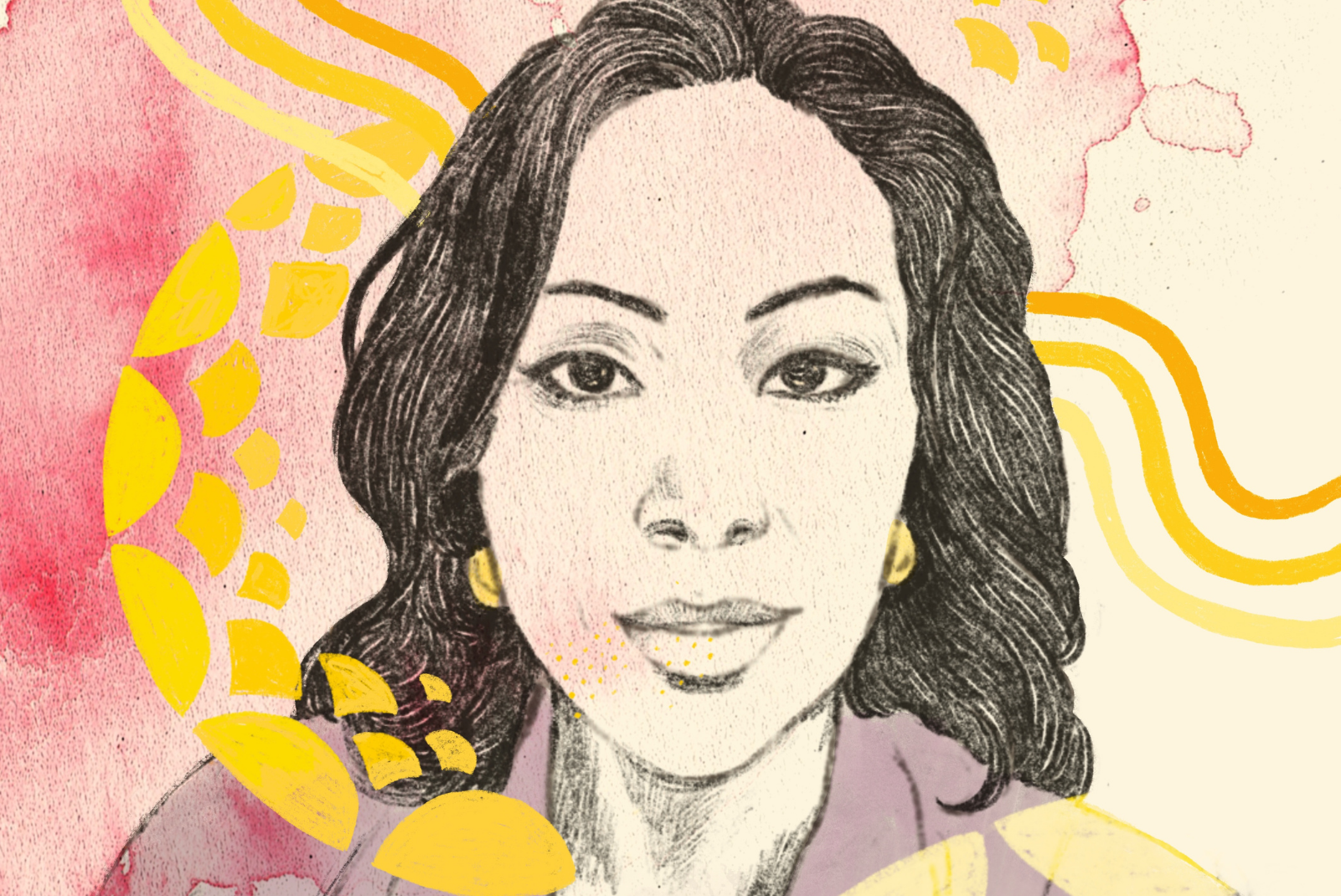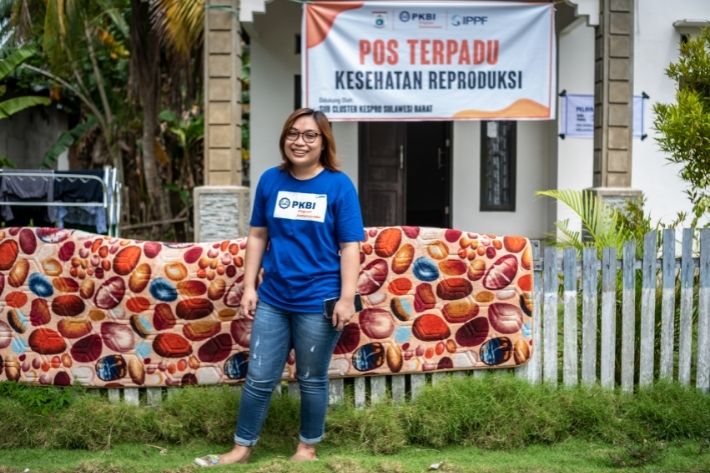Imagine a humanitarian crisis.
What images come to mind?
Who is delivering aid?
Who is receiving it?
It is well documented that in a humanitarian emergency such as a conflict or natural disaster, women and girls face heightened risks of gender-based violence, rape, trafficking, and child, early and forced marriage.
What is less well documented, however, is the incredible resilience and resourcefulness of women affected by crisis – as well as those responding to it.
For this year’s International Women’s Day, IPPF is highlighting what women humanitarian actors are doing to break the bias of humanitarian aid.
As both providers and recipients of aid, women are at the heart of IPPF’s global humanitarian response efforts to deliver lifesaving sexual and reproductive healthcare to women, girls and other marginalized communities during a crisis.
In 2021 alone, female staff helped respond to 15 crises in 10 countries, reaching a total of 683,136 beneficiaries.
Read on to learn more from seven women from around the world on their roles working in humanitarian response, and how we can collectively build a more inclusive world.
On working in humanitarian response for the first time

“I had never seen anything like it before,” said Nurhayati (Aya) S.Tr.Keb, a volunteer midwife with the Indonesian Planned Parenthood Association following the West Sulawesi Earthquake in January, 2021. “It was an eight hour journey to get to the epicenter from my hometown of Makassar. I was shocked when I first arrived; I could see so many ruins and people in pain and crying over the damage. I was glad I was there to help them in some way.”
Aya and her team provided antenatal care and nutrition advice to pregnant women, many of whom had been told local myths about their diets. “They were told that they can’t eat seafood during their pregnancy. As a result, we found that many pregnant women were lacking in nutrition, so we provided them with nutritional information to help them.”
Aya was also able to work with young children that had been traumatized by the earthquake. “We did trauma healing by writing songs, coloring and drawing, playing and singing,” she said.
In many local communities in Indonesia, sexual and reproductive health remains a ‘taboo’ topic, says Aya, which makes building trust and establishing relationships all the more important. “Many people are often shy to talk about it openly, which is the main cause of some of these problems. While treating them from the disasters we take time to provide counselling and consultation to address these issues and take questions about sexual health.”
On the benefits and challenges of being a woman in the humanitarian sector
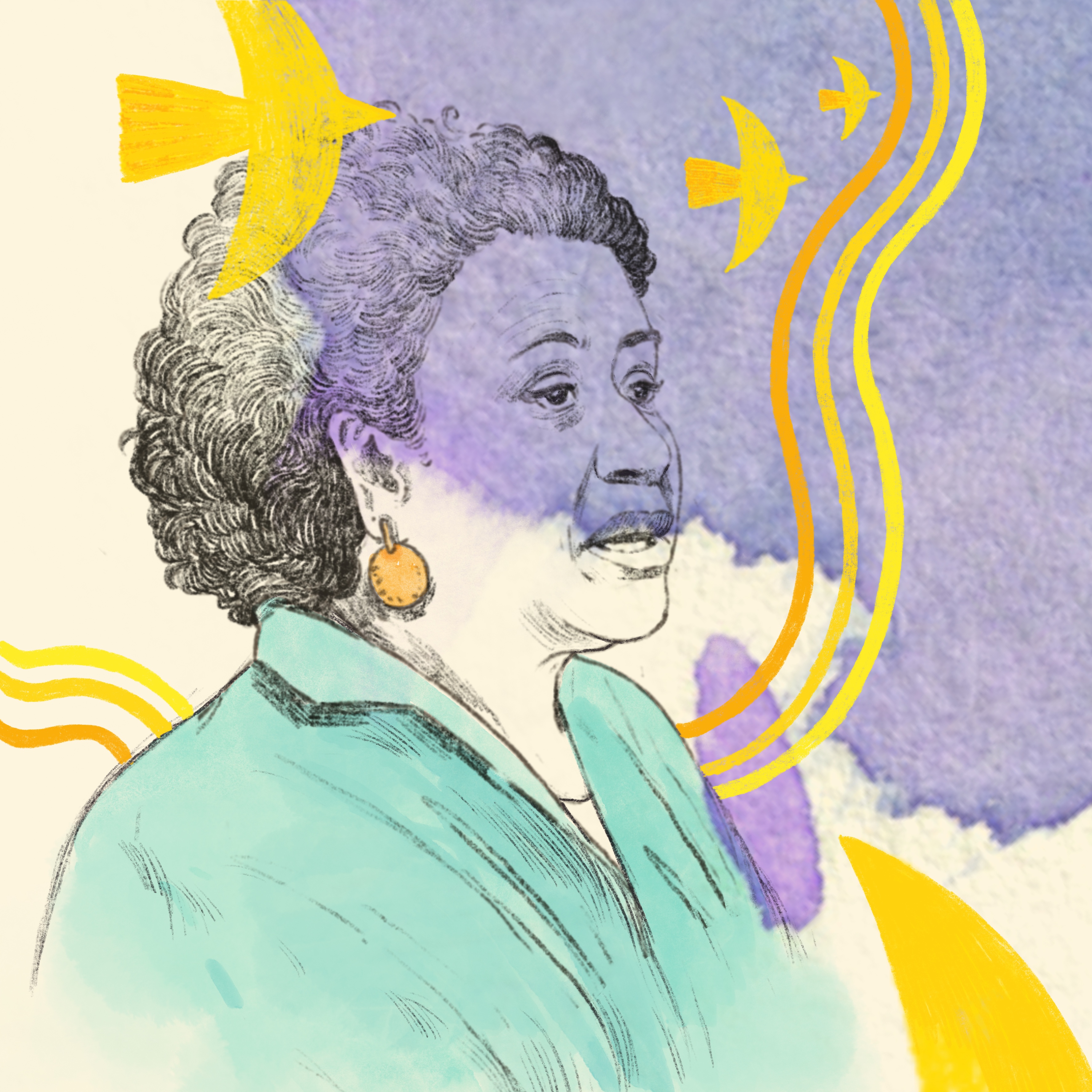
“During our Cyclone Winston response in 2016, I played a few different roles - I was a nurse, a program officer, and a driver,” said Taraivosa Nakolinivalu of the Reproductive Health Association of Fiji. She has responded to multiple emergencies in Fiji, including in the aftermath of Tropical Cyclone Yasa in 2020 and Tropical Cyclone Winston in 2016.
“In our country, women are respected when they are out in the community, especially during a crisis. As women, we clearly understand what other women were going through as sisters, wives, and mothers and we can relate to them.”
Taraivoisa adds that sometimes men assume that women will always rely on them, which puts them at risk of being bullied. But she says that in her experience, “Women working in the humanitarian sector are more likely to command the respect of the community. Women in the sector are more empathetic and compassionate towards other women and young girls.”
On working directly with affected communities

“We are mainly concerned with teenagers and mothers. We help them become more aware of their reproductive health because it is very important,” said Dr Ratni Palulungan, a volunteer clinician with the Indonesian Planned Parenthood Association following the Kalimantan Earthquake, West Sulawesi.
“If they come to a place where we give counseling, they usually accept what we are saying and follow it. I have offered family planning counseling to some people who will now use contraception because they have as many children as they want. It feels great… I really enjoy this work.”
On identifying and working with underserved communities
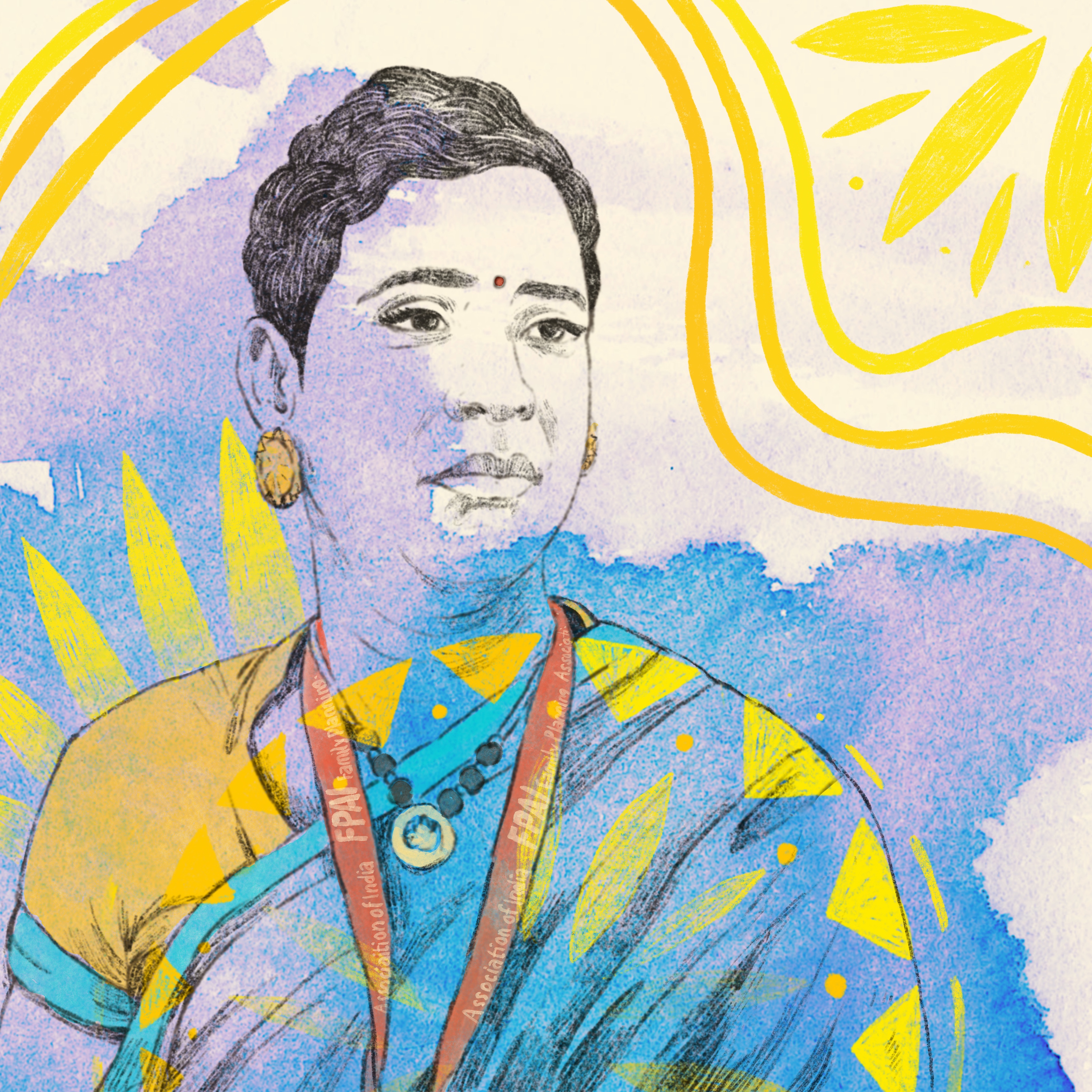
“At first, I saw that shelters were established very quickly for the general community, but there were no shelters specific for transgender and female sex worker communities,” said Barunabha Tanti, a Field Officer with the Family Planning Association of India. “They don’t know where to go, so the Family Planning Association of India (FPAI) provided shelters for these people.”
As a member of the transgender community, Tanti was able to identify the risks and the discrimination facing this community following Typhoon Amphan. “We found so many sexual and reproductive health issues and risks within this community... There was very little help or protection for them. For example, food packages from the government did not reach them. The transgender and sex worker communities are already traumatized from past experiences and sexual abuse, so we provided them with a safe space and treatments such as contraception, safe and hygienic bathrooms, food packages, and psychological support through counselling. They were really thankful for the support they received.”
On the biases facing women humanitarian actors

“There is often - and often rightly - an assumption that as a woman, you are at increased risk in an unstable context,” said Alice Janvrin, the humanitarian technical advisor at IPPF. Janvrin is often deployed around the world to support local Member Associations lead emergency responses. She says that being at increased risk, whether presumed or real, “has led to patronizing behavior and a ‘protective’ approach by male colleagues, supervisors and security colleagues. Being young and female has also often led to inappropriate behavior, with security staff or male leadership staff asking intrusive questions in the name of security.”
Janvrin says that while sexual and reproductive healthcare tends to attract mostly women and is usually a very female-dominated and female-friendly environment, she still faces challenges. “I have been in the position of being the only non-clinical woman in the room while male doctors minimized the impact of sexual and reproductive healthcare, or made fun of female clients’ stories. I did not feel I could speak up for women in that situation,” she said.
She adds that when she was younger, she didn’t feel she could confront inappropriate behavior by male colleagues. “Now, I try and confront it straightforwardly with a bit of humor… sometimes it works, sometimes I get perceived as defensive.”
On working on the frontlines in a conflict zone

“After the eruption of the war in Darfur in 2003, there were very limited numbers of women in the field and the frontline,” said Dr. Rania Abu Elhassan, the Regional Humanitarian Advisor for IPPF’s Arab World and Africa Regions. At the time, Dr. Elhassan was an obstetrician and gynecologist, and she was one of the only women working as a medical doctor on the frontlines of the conflict. “In a team of 28 medical doctors, they were just two females. And it was very difficult for the men to understand that there is a need for a female. Their assumption was that this is a warzone, a man’s place, it's not a woman place. But the trust of the community for teams which have more prominent female figures is higher. This is because of the cultural values … in the Sudanese community at that time, the idea was that men have been making the war and women are making the peace.”
On the importance of localization
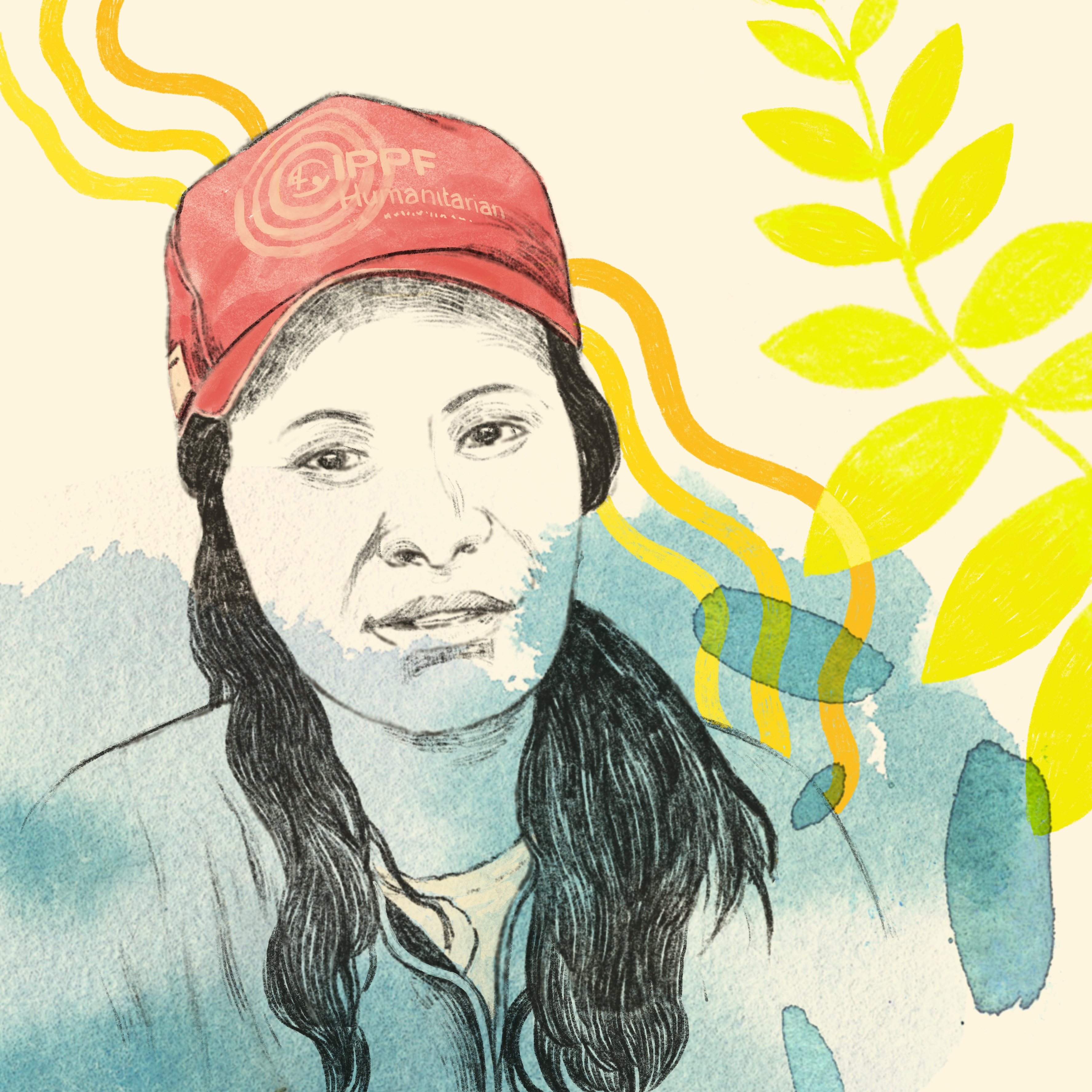
“From our experience, understanding local dynamics and working through these dynamics has really enabled our team to reach places and communities we could never have otherwise reached with sexual and reproductive health services,” says Jennifer John of the Papua New Guinea Family Health Association (PNGFHA). As a program manager with the organisation for 12 years, John works with a mostly female team that she describes as “strong and resilient.” She says that women are generally accepted as health workers in local communities and benefit from access to local communities that international actors might not be able to. “Local humanitarian actors bring with them local knowledge and they understand the local dynamics,” she said.
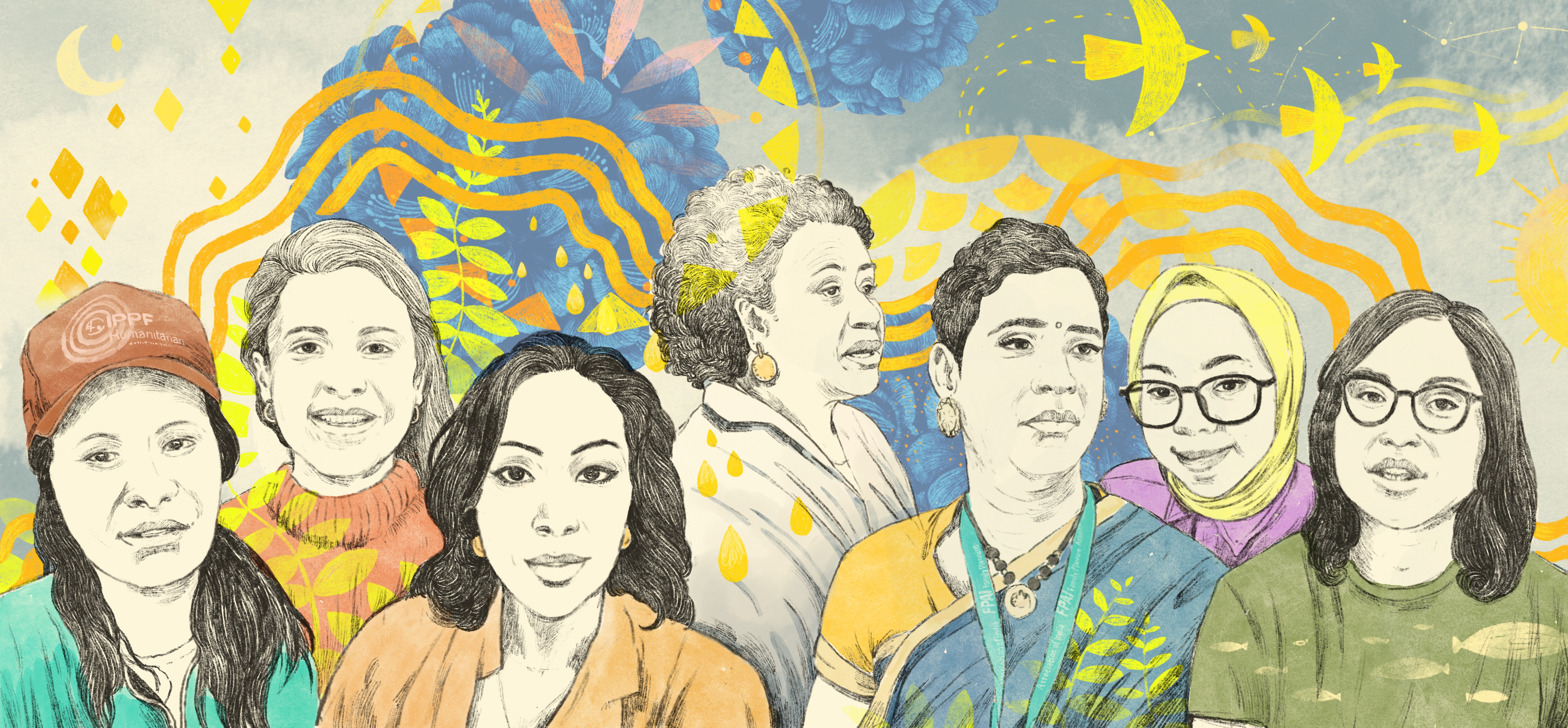
Illustrations: Ubahang Nembang
when
Subject
Humanitarian







